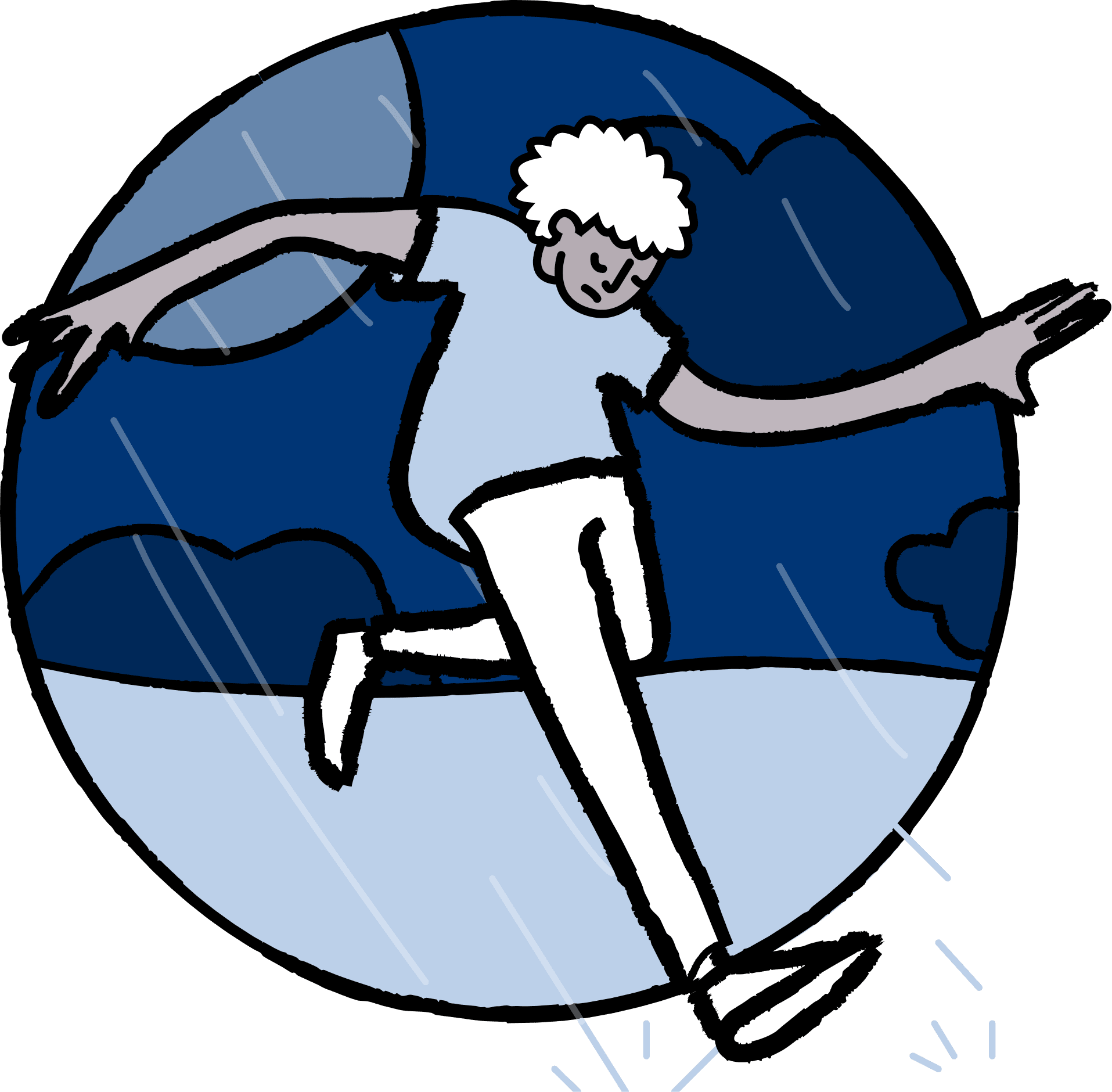What does depression feel like and how can it affect me?
Depression is different for all of us, and our symptoms, experiences and feelings can look different, too.
Depression doesn’t just affect our emotions. It can also impact how we behave, and have physical symptoms too.
Watch this video to learn what depression feels like and how you can manage it.
Feelings and thoughts
Depression can impact our capacity to participate in our lives in a meaningful way.
You could find that you’re not getting joy from the things that usually make you happy, like friends, hobbies or other experiences.
You might feel:
- Helpless or hopeless
- Worthless
- Guilty
- Angry or irritable
- Sad
- Numb or disconnected
- A lack of self-confidence or self-worth
- Like you don’t want to be around others.
“I cried everyday, didn’t want to leave my bed and felt completely helpless.”
You might think:
- You’re a failure
- You’re worthless
- You’re a burden to the people around you
- Nothing ever goes right for you.
We know that depression can change how we perceive both ourselves and the world around us.
Remember - these thoughts are not necessarily true or accurate.
You may even experience thoughts of suicide and self-harm, as well as have trouble making decisions.
These thoughts will often become less intense as you start to manage your feelings of depression.
Physical effects
Depression doesn’t just affect our brains – it can also create flow-on physical effects, both in our bodies and in how we behave.
Common physical effects or behaviours can include:
- Difficulty sleeping, or sleeping too much
- Crying regularly
- Being unable to get out of bed
- An inability to do the things you normally would
- A change in appetite, which can sometimes lead to weight gain or weight loss
- A loss of interest in, or losing the ability to have sex
- Trouble focusing
- Slowness and low energy.

How else could depression affect me?
Depression can sometimes make it difficult to function, so it’s common for other aspects of your life to be impacted too.
These can include:
- Losing friends or relationships
- Finding it difficult to maintain employment, or keep up with school
- Having trouble maintaining a routine
- Not being able to keep commitments
- Finding it hard to maintain personal hygiene or keep a clean home.
“I didn't want to open up to people out of fear, because I didn't want to open up and grow even sadder than I already am. I cried a lot.”
What's a negative spiral?
It’s also common for depression to create a negative spiral of thoughts, feelings and actions, which can deepen our depression.
Our thoughts, feelings and actions are all connected and can influence one another. Thoughts can affect our feelings and actions, and the way we act can affect the way we feel and think.
Here’s an example of what that could look like:
- Thought: “Nobody likes me. I don’t belong.”
- Action: Those thoughts could lead you to stay at home, cut yourself off from your friends and family, and stop replying to messages
- Feeling: These thoughts and actions can spiral into deeper feelings of loneliness and depression
- These feelings strengthen the thought: “Nobody likes me. I don’t belong”.
Cognitive behavioural therapy works by short-circuiting this link between our thoughts, feelings and actions.
Click here to download, save, or print our depression fact sheet.






